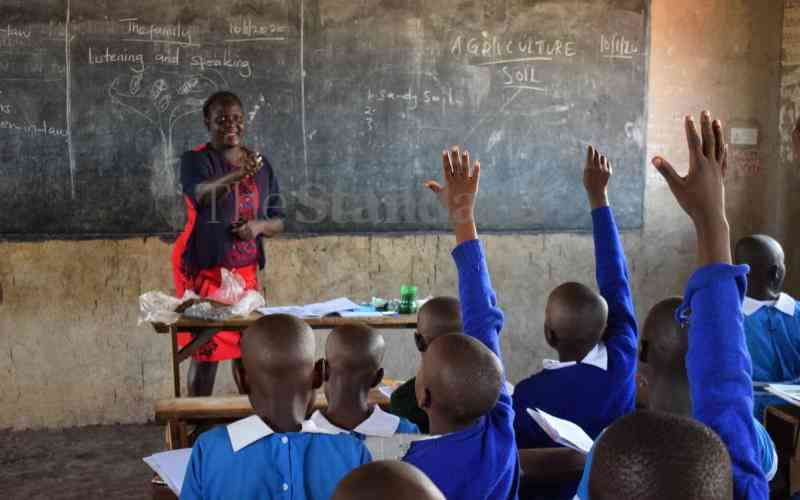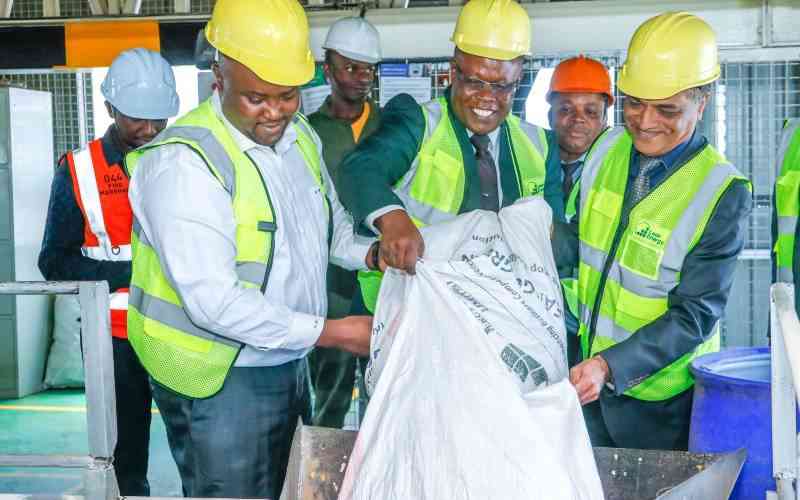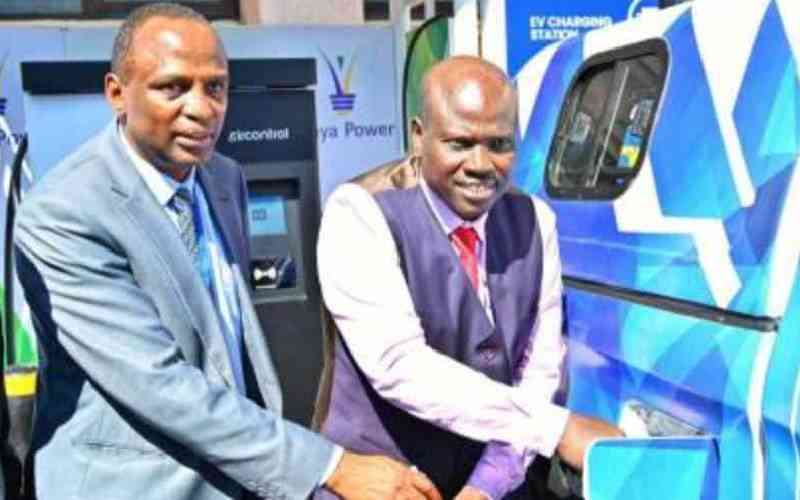
As we focus on the form or shape that our education system should adopt for the future, it is important to also consider whether this system is holistic and answers to the social-emotional development of our children.
Value-Based Learning, or what would be regarded as socio-emotional learning has been critical in the development of self-awareness, self-management, social awareness, relationship skills and responsible decision-making, which help prepare children to better handle their emotions, accomplish their goals and relate to and work with others.






